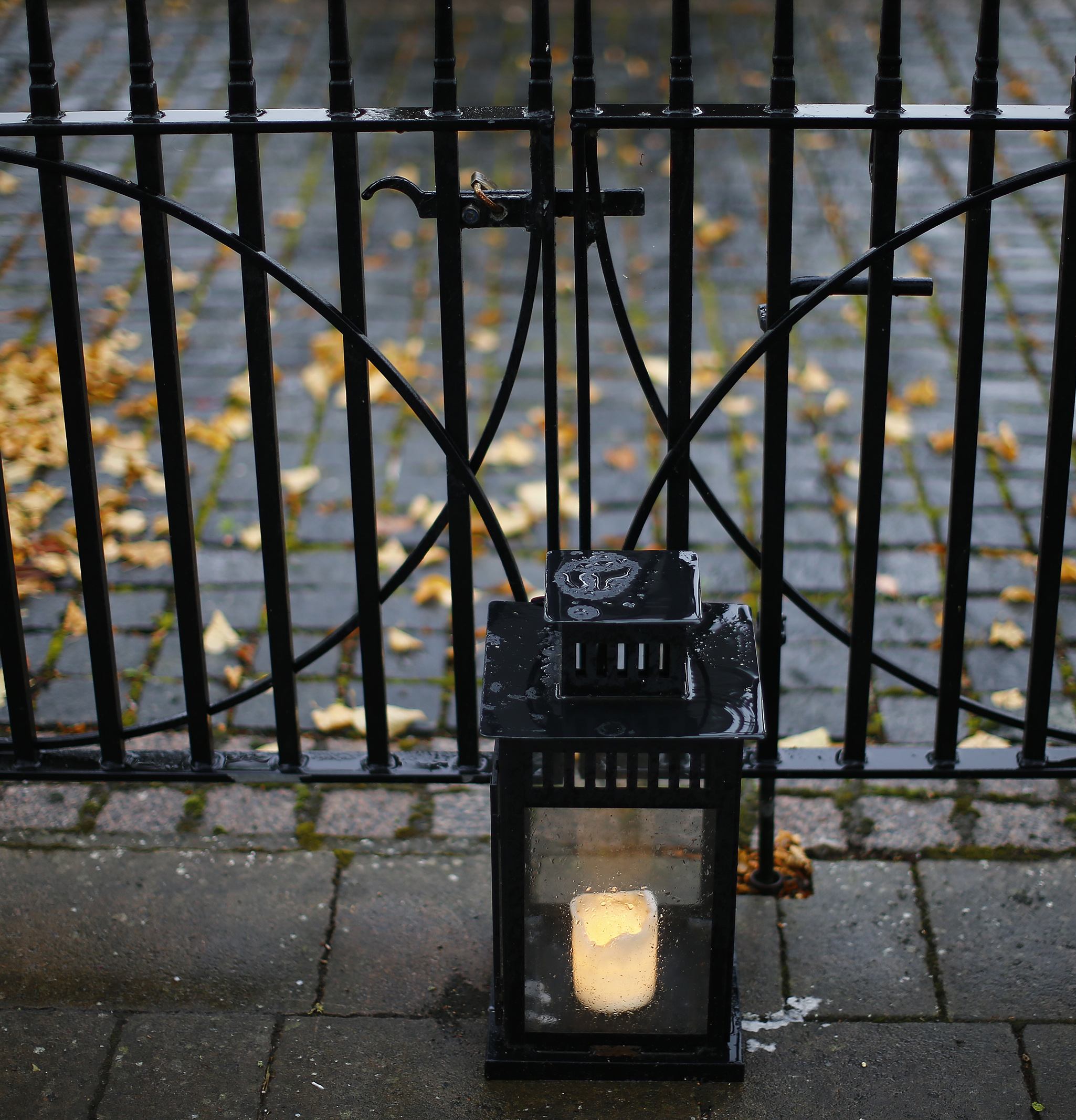Death of ‘troll’ sparks debate over online expression
The death of a British woman accused of a vicious campaign of online abuse against the parents of missing girl Madeleine McCann has ignited debate over the growing scourge of trolls. Brenda Leyland was found dead in a hotel room earlier this month after being confronted by U.K. broadcaster Sky News over her alleged trolling of Kate and Gerry McCann, whose three-year-old daughter went missing in Portugal in 2007. Using the Twitter handle @Sweepyface, the 63-year-old Leyland reportedly posted thousands of hate-filled messages about the couple. An investigation is ongoing, but has found no evidence of foul play or third party involvement.
People are so fed up with reading things on the Internet that you would not say to people’s faces.
Chris Holder of London law firm Bristows
A study by Canadian researchers cited in Psychology Today linked trolling to sadism. Trolls have been particularly difficult for celebrities and it’s been a global issue online. Zelda Williams, the daughter of actor Robin Williams, recently quit Twitter after Internet trolls posted fake photos claiming to be her dead father. Former model Charlotte Dawson, who was found dead at her Sydney apartment in February after battling depression, had been subjected to a torrent of abuse on Twitter. One media lawyer said he had seen “a significant upswing” in online bullying cases. But criminal prosecution, he said, should be reserved for the most extreme cases.
It is only a very small minority who are fixated, who take it to the extreme — people who are borderline certifiable.
British lawyer Mark Stephens

troll Technology